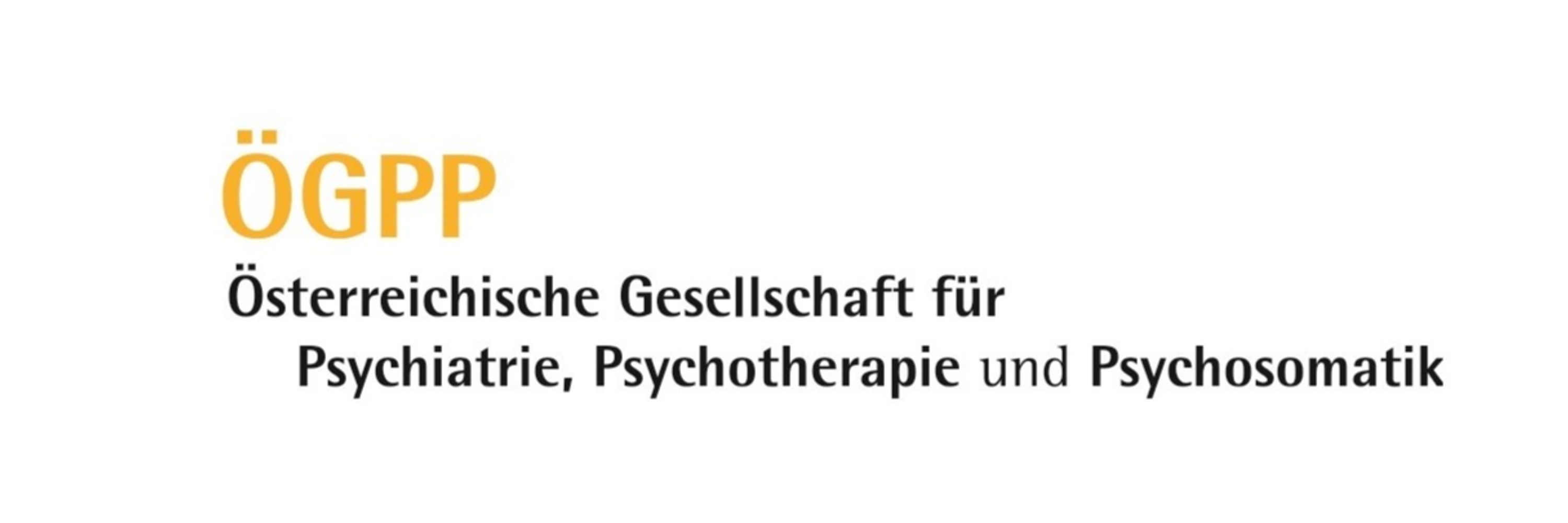The digitalization of
#mentalhealthcare has ushered in transformative possibilities for enhancing access, diagnosis, and treatment through technologically enabled tools and platforms. However, this evolution presents substantial riska ⬇️
link.springer.com/article/10.1...
Risks of digitalization in mental health care - neuropsychiatrie
The digitalization of mental health care has ushered in transformative possibilities for enhancing access, diagnosis, and treatment through technologically enabled tools and platforms. However, this evolution presents substantial risks that warrant careful consideration. This paper critically examines the psychological, ethical, cultural, and clinical challenges embedded in digital mental health practices. Key concerns include diminished clinical oversight, compromised patient data security, algorithmic bias in diagnostic and therapeutic algorithms, and the erosion of traditional therapeutic relationships. Cultural disparities in digital literacy and engagement further complicate equitable care delivery. Through a multidisciplinary lens, the paper explores how these risks may impact both care outcomes and professional standards. To bridge the gap between innovation and responsible practice, a table of best practices is provided to support clinicians and developers in ethically integrating digital tools into psychiatric settings. These recommendations aim to uphold patient autonomy, strengthen clinician accountability, and preserve the humanistic foundation of mental health care. Ultimately, the paper advocates for a balanced and cautious approach to digitalization—one that embraces opportunity without compromising clinical integrity.









